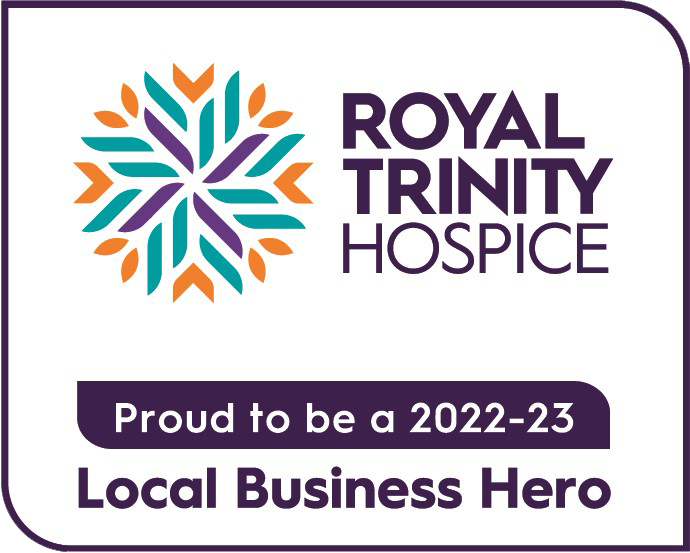Free at the point of abuse
 We live in an increasingly selfish society. There can’t be many people out there who aren’t guilty, to some extent, of pursuing their own self-interests. But what is the impact of selfishness – what will be the cost, as a result of your actions, to someone else somewhere in the world?
We live in an increasingly selfish society. There can’t be many people out there who aren’t guilty, to some extent, of pursuing their own self-interests. But what is the impact of selfishness – what will be the cost, as a result of your actions, to someone else somewhere in the world?
It isn’t always easy to see the direct impact of your actions on another. You might feel some emotion if, for example, you throw half a sandwich into a bin next to which a hungry, homeless person sits. Seeing the impact of your actions in this way may cause you to think, and, more importantly, do something. You might buy them a new sandwich. A small act of selflessness.
It is more difficult to evaluate your private actions and the impact they have on wider society. If you were to spend public money on expensive first class travel, do you think about multiplying that by all the journeys taken by you and all the public servants across the country, and extrapolate that into many hundreds of thousands of pounds that could pay for any number of public service improvements? No, you probably don’t. You’d probably justify it as part of the job. The real question is, would you spend your own money on first class travel?
Does the public think about the costs associated with going to see their GP or A&E department? It’s unlikely. The public, generally, see the NHS as a “free” service. This couldn’t be further from the truth. We all pay for it – even if we never have to use it.
Perhaps it is time for those people who run up large expense on a publicly funded tab, those who use their GP and A&E departments unnecessarily, and those who take up significant healthcare resource because of lifestyle choices including diet, lack of exercise, smoking and alcohol – to understand the potential impact of their spending on the country’s coffers.
Last week, The Sun suggested Simon Stevens’ “cure for the NHS” (apart from saving money on rail fares) is to make nurses and doctors eat healthily and lose weight. Part of me thinks this is good, because nurses and doctors, who give so much of their lives to other people, can probably do with some help themselves, and would perhaps be seen as stronger role models if they could all practise what they preach. Part of me, however, believes these people, who work unpredictable shifts for little thanks, deserve more than the unflattering, condescending headline of “Fat medics ordered to slim by NHS chief” in a national newspaper.
Perhaps, next time, Stevens could widen his address to everyone else in this country – a large majority of whom make selfish, unhealthy lifestyle choices, treating our health service as a free solution to their health woes, draining the resources of our nation and jeopardising our treasured NHS that is still – at least for the time being – free at the point of use.

